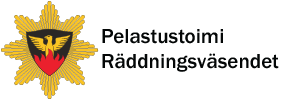
Draft equality and non-discrimination action plan for rescue services submitted for statements
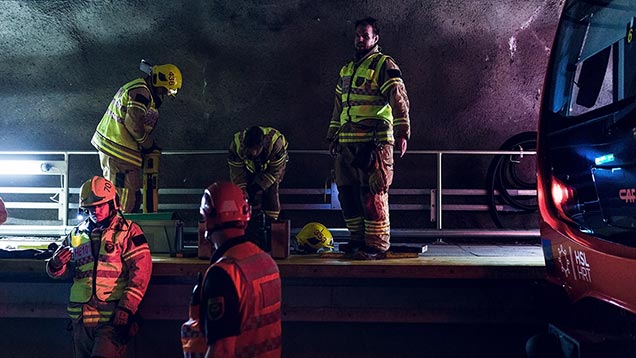
The Ministry of the Interior has submitted the draft equality and non-discrimination action plan for rescue services for statements. The aim of the action plan is rescue services that actively and systematically promote equality in the long term. The draft action plan will be out for comments from 24 May to 30 June 2021.
The draft action plan includes a description of the current state of equality and non-discrimination in rescue services and defines objectives for promoting them. In addition, the draft action plan includes a glossary of equality and non-discrimination work.
Prime Minister Marin’s Government Programme includes extensive commitments to promoting action to increase equality. Promoting equality and non-discrimination is also part of the strategy of rescue services.
Diversity in rescue services would be seen as better customer service
The survey of the current state conducted during the preparation of the action plan strengthened the prior view that rescue services are a sector strongly segregated by sex. Women account for only 13% of full-time, full-pay personnel. Approximately one in three emergency care workers are women. Moreover, there are very few people of an immigrant background working in rescue services.
Rescue education is currently only provided in Finnish, which makes it more difficult to ensure the provision of services in both national languages. More attention should also be paid to the availability of services in Sámi. Education in the sector should also pay attention to rescuing disabled and handicapped people and taking them into consideration in safety-related communications.
“Rescue services should be representative of the entire population. The diversity of the sector plays an increasingly major role in preventing inequality and increasing the sense of safety in all population groups. Rescue services currently enjoy very strong trust, but we must continuously work for it,” says Kimmo Kohvakka, Director General for Rescue Services.
Diversity in rescue services personnel would be seen as better customer service. The diversity of rescue services personnel will also maintain the appeal of the field. When rescue services are representative of the population to which they provide services, there is also understanding of the needs of the different population groups among the personnel.
The state of equality and non-discrimination in rescue services is taken seriously
The survey of the current state also indicated that harassment is common in the field: men are harassed by customers and women by colleagues. Furthermore, it was noticed that the statutory obligations regarding plans, quotas and intervening in harassment are incompletely fulfilled in the field. The field also needs to increase expertise in non-discrimination and equality, both within organisations and at the national level.
“The shortcomings and issues that emerged in the survey of the current state are alarming, and we are taking them seriously. As a central safety and security authority, rescue services must ensure that the principles of equality and non-discrimination are realised in our operations with regard to both personnel and service provision. The action plan submitted for statements will not fix the situation on its own; the sector must also actively and systematically promote measures to correct the situation,” Kohvakka emphasises.
In surveying the current state, the working group carried out questionnaires and investigations to obtain as comprehensive a view as possible of the realisation of equality in rescue services. Accounts were requested from Statistics Finland, Non-Discrimination Ombudsman, divisions of occupational safety and health of regional state administrative agency and the Emergency Services Academy Finland.
Questionnaires regarding the current state of equality and non-discrimination were conducted in both rescue services organisations and contractual fire brigades. In addition, the working group asked organisations representing population groups exposed to the risk of discrimination in a separate questionnaire how rescue services are seen from the point of view of the said population groups.
Aiming for rescue services that actively promote equality and non-discrimination
The draft action plan specifies joint goals, responsibilities and measures for rescue services to promote equality and non-discrimination. The aim is rescue services that actively and systematically promote equality in the long term.
The long-term objectives of rescue services with regard to promoting equality and non-discrimination would be
- strengthening leadership and expertise;
- ensuring equality and non-discrimination planning and rescue services free from harassment and discrimination;
- developing the working conditions, remuneration and benefits to be more equal and non-discriminating;
- encouraging people with different backgrounds into the sector and increasing diversity among employees;
- safe growth of minors in youth fire brigade work; and
- communications that take the points of view of equality and non-discrimination into consideration.
“Equality and non-discrimination apply to all rescue services parties, and therefore they should also be promoted among all of the parties involved in the field. We are hoping to receive comprehensive statements from both within the sector and from the different population groups to which we provide services. Only this way can we get the best possible action plan for the field,” Kohvakka says.
The draft action plan submitted for statements would apply to the state’s rescue services operators, rescue departments, associations and contractual fire brigades. The rescue services equality and non-discrimination working group would be responsible for the implementation and follow-up of the action plan. The working group includes representatives of regional state administrative agency, rescue departments, Emergency Services Academy Finland, Helsinki Rescue School, Suomen Pelastusalan ammattilaiset (association of Finnish rescue services professionals), Suomen Palopäällystöliitto (association of Finnish fire officers), The Finnish National Rescue Association (SPEK), Suomen Sopimuspalokuntien liitto (association of Finnish contractual fire brigades) and Suomen Pelastusalan naiset ry (association of women in fire and rescue service).
Inquiries:
Kimmo Kohvakka, chair of the working group, Director General for Rescue Services, tel. +358 295 488 400, kimmo.kohvakka@intermin.fi
Mira Leinonen, equality and nondisrimination co-ordinator of the working group, Director General for Rescue Services, Regional State Administrative Agency for Southern Finland, tel. +358 295 016 572, mira.leinonen@avi.fi
Questions and answers concerning the draft action plan
The latest
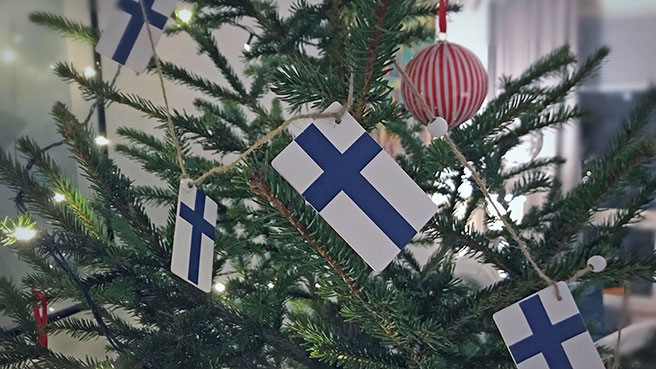 Press release
Press release
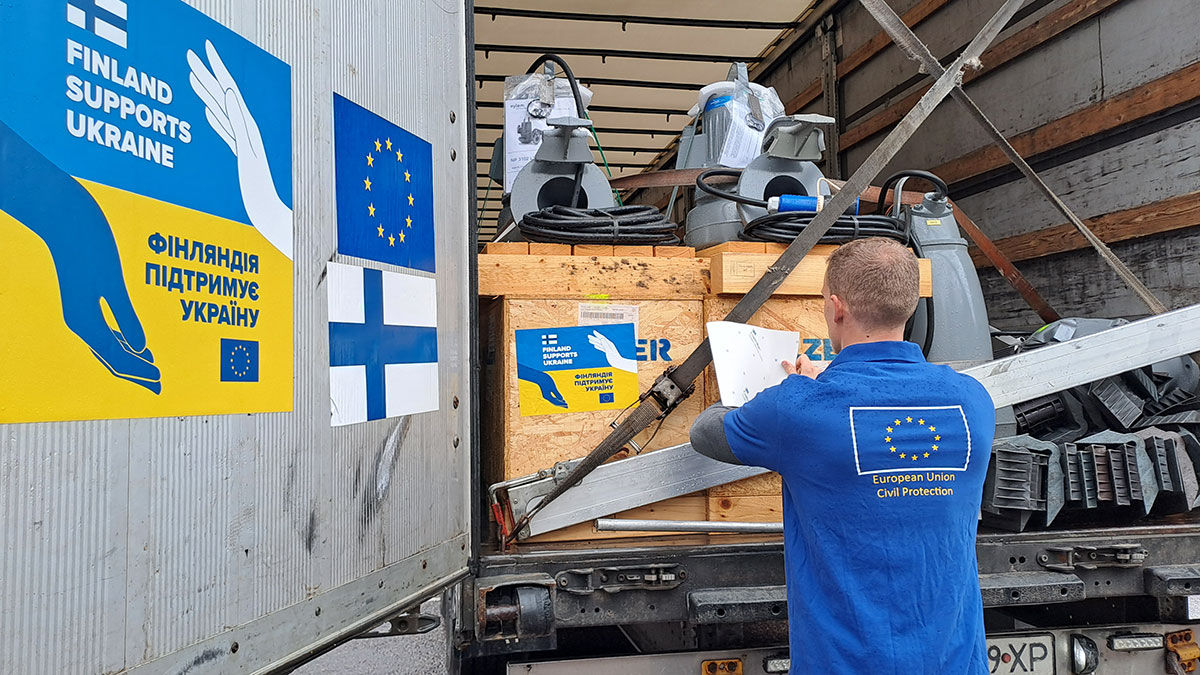 Press release
Press release
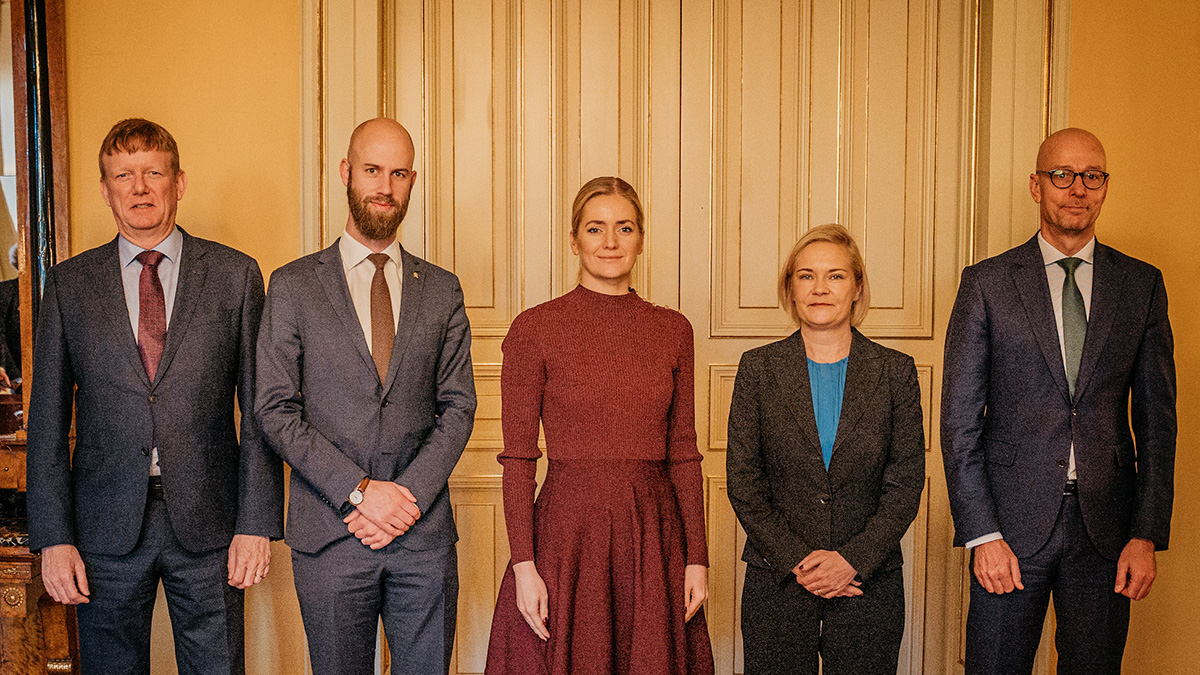 Press release
Press release
 Press release
Press release
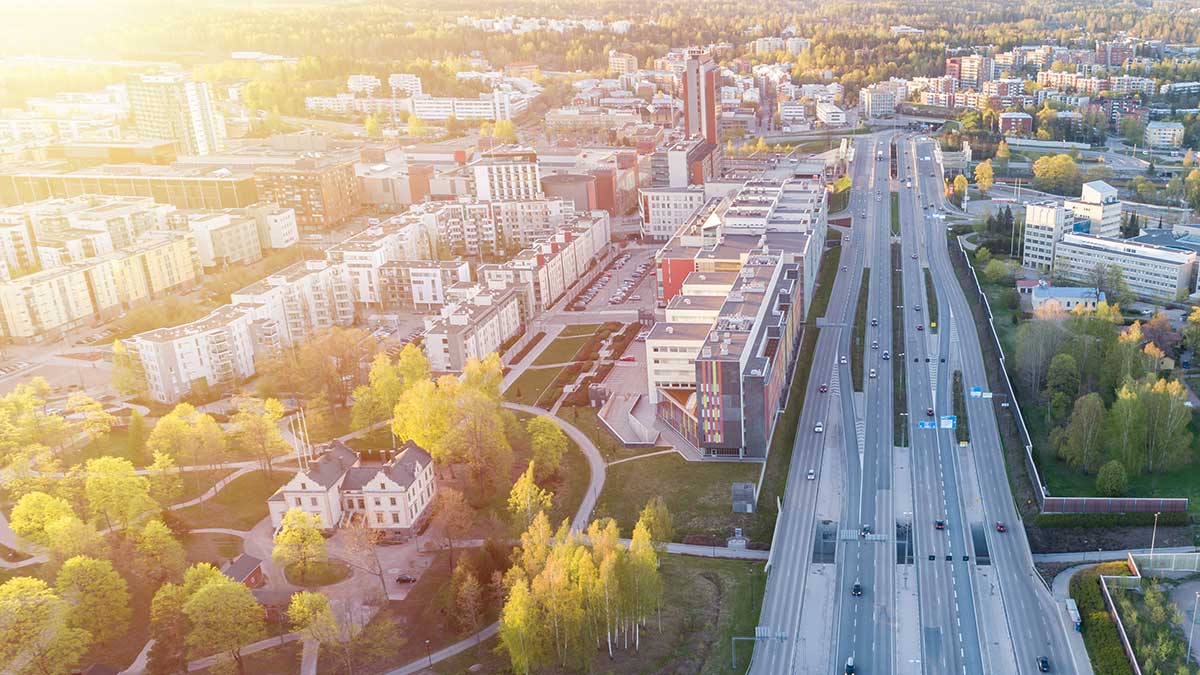 Press release
Press release


